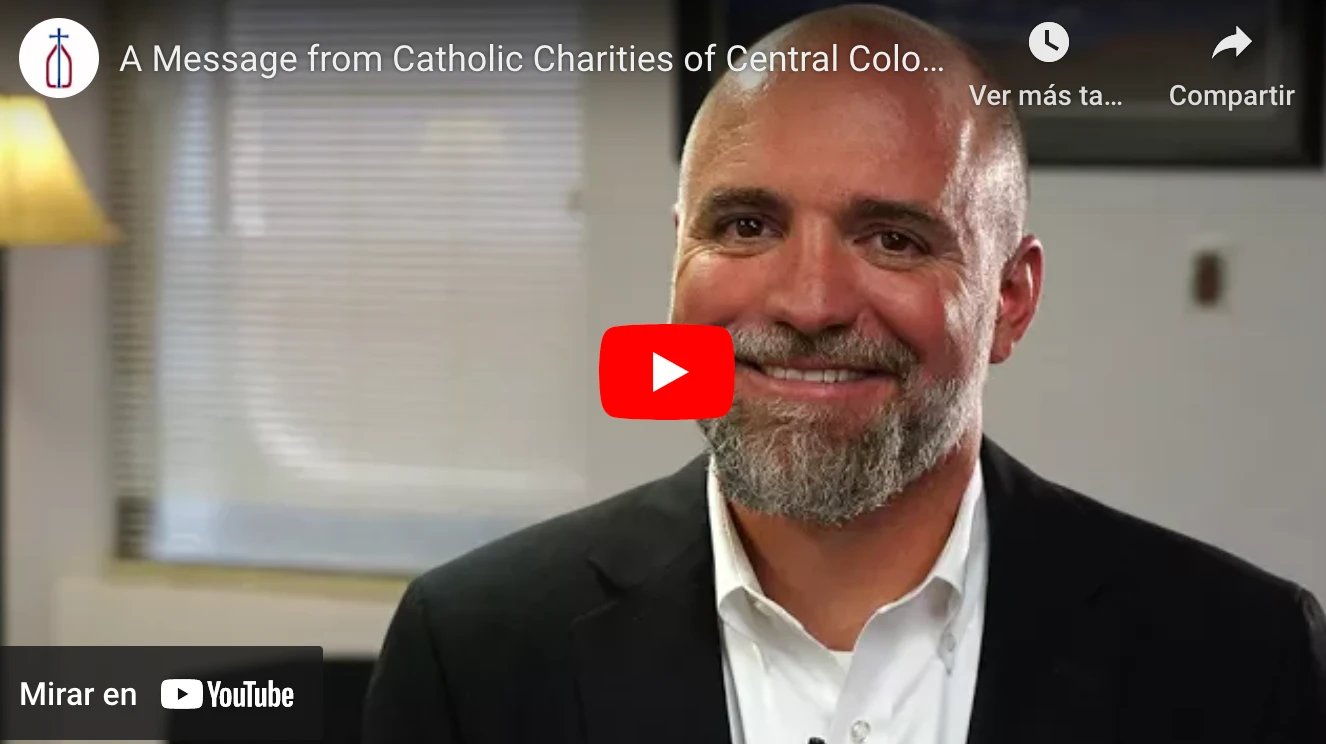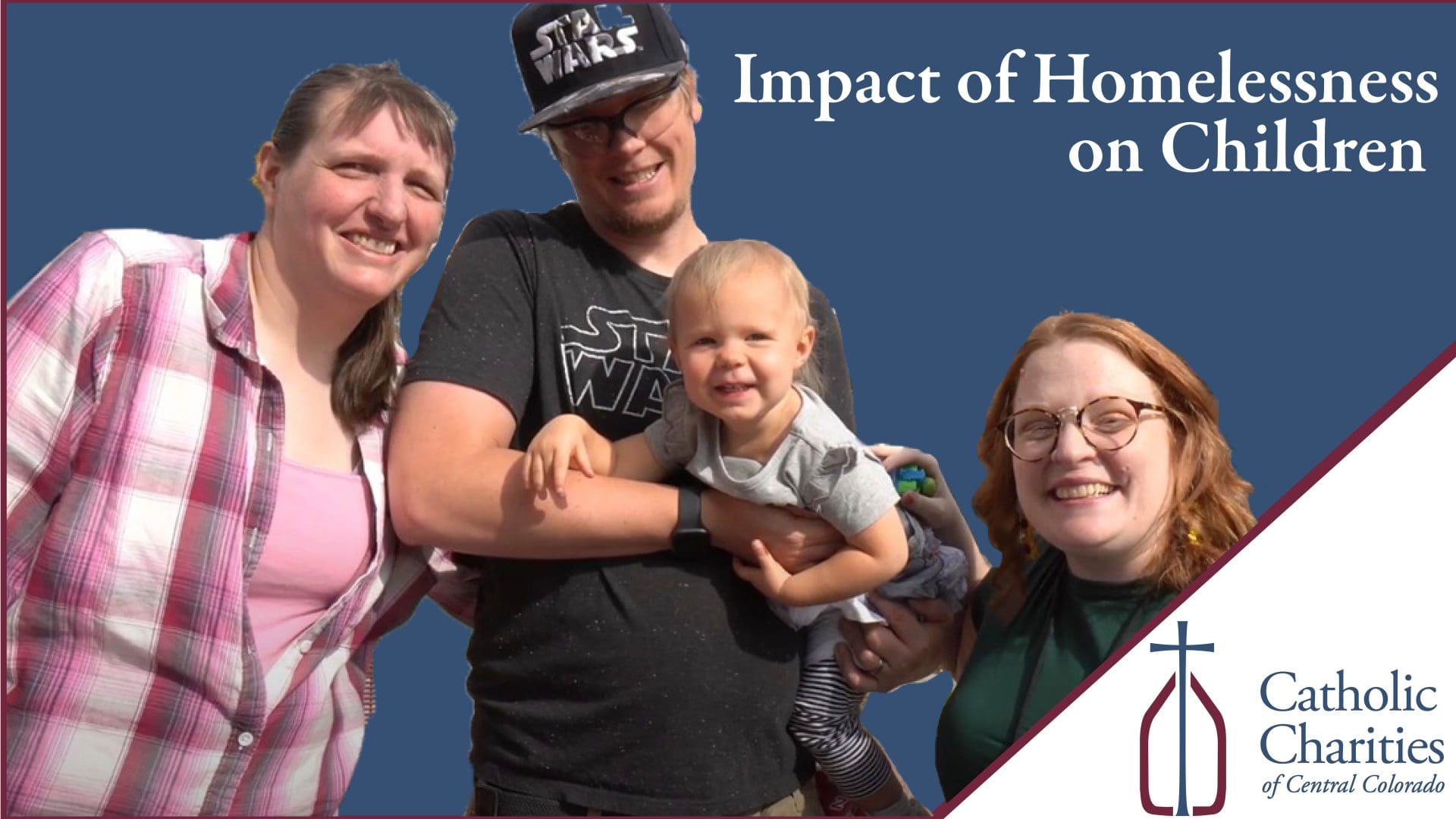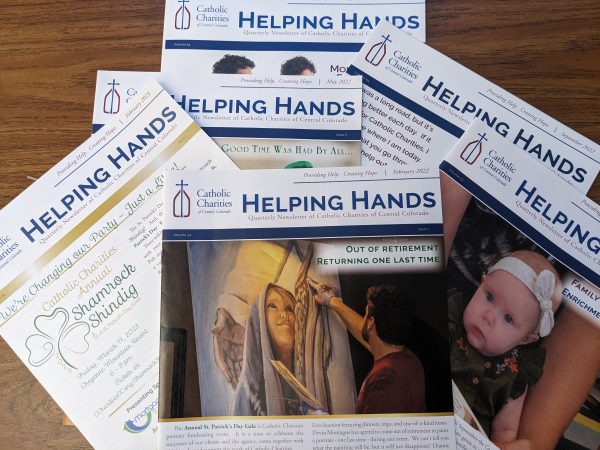
The Family Day Center, Family Mentor Alliance, and Life Support Services will combine family programming under a new department named – Family Connections – and move from the Marian House Complex to the new Helen Hunt Campus in the Hillside neighborhood in late October/early November. “The opportunity to secure space in the new Helen Hunt Campus came just at the right time. With the expansion of family programs, as well as the rapid growth of the Life Skills & Career Development Center, the Marian House was becoming crowded,” said Andy Barton, CEO of Catholic Charities (CC).
The move also brings a collaboration with the Community Partnership for Childhood Development (CPCD). As families seek services through Family Connections, CC will be able to place preschool children into the CPCD Head Start program at the Helen Hunt Campus. “This is just one more tool available to help families in crisis,” said Kathy Thayer, VP of Family Services at CC.
The new center will serve a spectrum of family needs, from those facing homelessness to those needing to strengthen their family’s resilience and stability to those who want to engage in ESL education. In addition to offering safety net services to address immediate needs for families in crisis, Family Connections will use a Healthy Engagement model where families participate in multiple programs over a longer period of time, earning points toward essential items (like car seats). This shift puts the families themselves in charge of achieving their own goals for their family. “Our programming is focused on a family strengthening perspective as families are their best decision makers,” said Thayer. “The objective is to help families in deeper, more meaningful ways and get them to engage in healthy behaviors such as playgroups, early literacy, and educational opportunities for the child, as well as for the parent.”
Staff who previously were called case managers or family advocates are now Family Life Coaches who work to bolster the sense of self and build self-regulation to improve outcomes for those engaged in traditional antipoverty programs. Coaching works to build skills and mindsets over a period of time through interactive relationships, coaching them to move forward and providing positive self-efficacy and motivation.
The Family Life Coaches will use a 2Gen approach, creating opportunities for and addressing the needs of both vulnerable children and their parents together. Parents regularly put their needs aside to address their child’s needs. Because low-income children tend to have more complicated needs, and low-wage work usually means little flexibility for parents, in many situations, parents are simply fired for not being at work while dealing with their child’s needs, setting back the entire family. This is why a 2Gen approach is needed.
The concept of Family Connections means it is possible for a family to enter into services to address an immediate housing or shelter need, but then continue to engage to build financial resiliency, parenting skills, and get their young children engaged in preschool and literacy programs. In total, fewer families may be served than the former Life Support Services program, but those who are in the program will have more long-term success in attaining and maintaining stability because of the new Healthy Engagement model.
The biggest challenge many of our families face is finding affordable housing. Family Connections, the community’s new coordinated entry process, and our family housing partners will continue to work to bridge the gaps in emergency shelter and affordable and attainable housing needs. But finding and developing more affordable family housing options will need to be resolved as our community continues to work toward family poverty solutions.




